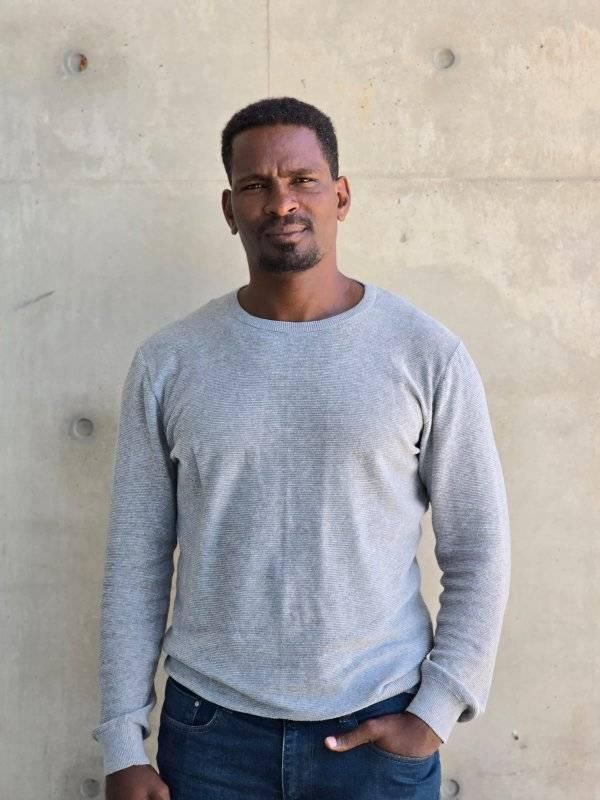

Growing up in Ethiopia, I was always interested in health sciences. After high school, I pursued a degree in medical laboratory science at Hawassa University, graduating in 2008. My first job was at Dubbo St. Mary Hospital’s diagnostic laboratory, where I worked for six years. It was a valuable experience, but I quickly realized the limitations of our approach to diagnosing diseases. We often had to rely on symptom-based treatments, especially in microbiology, due to a lack of diagnostic options. Witnessing this gap drove me to explore microbiology and molecular diagnostics further.
To broaden my knowledge, I pursued a master’s degree in medical microbiology at Jimma University in Ethiopia, focusing on antimicrobial resistance in children. During my research, I collaborated with scientists at the Armauer Hansen Research Institute, Ethiopia’s leading medical research center. This experience solidified my desire to pursue a career in molecular diagnostics research and academia. In 2017, I joined Debre Markos University in Ethiopia as a lecturer and researcher, which opened up great opportunities to advance my interest in diagnostics.
In early 2024, I moved to Australia to join a research team at the Shiddiky Laboratory at Charles Sturt University under the guidance of Professor Mohammad J.A. Shiddiky and Professor Allen G. Ross. We are working on a project to develop an early diagnostic tool for metabolic dysfunction-associated fatty liver disease (MASLD). This disease is complex, influenced by genetics, lifestyle, and metabolic factors. It is a fast-growing global issue, yet it often goes undiagnosed in its early stages. Our goal is to create a diagnostic method that can detect MASLD early, as early intervention can be life-changing. With Professor Shiddiky’s expertise in diagnostics and Professor Ross’s public health background, our team brings a unique and practical approach to the project.
Being part of this work is incredibly rewarding. Early diagnosis could transform how we manage fatty liver disease, improving countless lives. I am grateful for the opportunity to work alongside dedicated mentors on research that could have a lasting impact on my career in molecular diagnostics and the application of these methods in healthcare.
